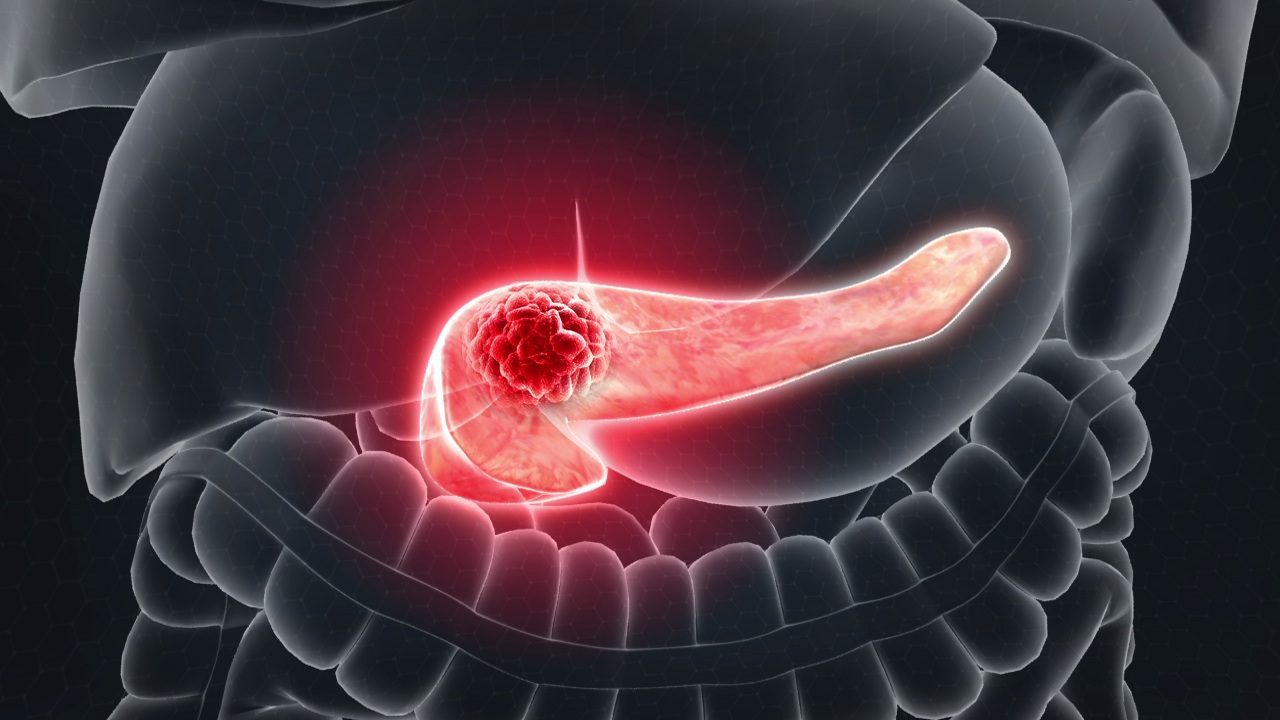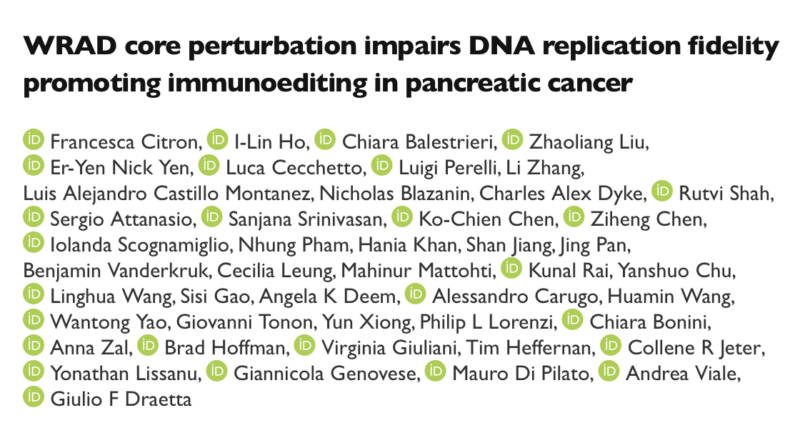
Genomic Stability Thresholds and DPY30 as a Biomarker in Pancreatic Cancer
Anirban Maitra, Professor of Pathology and Translational Molecular Pathology at UT MD Anderson Cancer Center, shared on X:
”New preprint from the MD Anderson Cancer Center Pancreatic Cancer team of famous Italians (Giulio Draetta, Giannicola Genovese, Mauro Di Pilato, Francesca Citron and Andrea Viale):
WRAD core perturbation impairs DNA replication fidelity promoting immunoediting in pancreatic cancer
Authors: , , , , , , , , , , , , , , , , , , , , , , , , , , , , , , , , , , , , , , , , , , , , ,

Even cancer cells require a certain threshold of genetic stability, crossing which can render them vulnerable to elimination. This study identifies a potential biomarker of genomic stability in pancreatic cancers (DPY30), loss of which leads to chromosomal instability and T cell mediated clearance of cells with complex karyotypes.”
Dr. Anirban Maitra serves as Professor of Pathology and Translational Molecular Pathology at UT MD Anderson Cancer Center since August 2013, and directs the Sheikh Ahmed Pancreatic Cancer Research Center. He leads an NCI-funded laboratory dedicated to pancreatic cancer research, focusing on genetics and molecular pathology in human and mouse models. His research aims to advance early detection and interception strategies to enhance patient survival rates in pancreatic cancer.
-
Challenging the Status Quo in Colorectal Cancer 2024
December 6-8, 2024
-
ESMO 2024 Congress
September 13-17, 2024
-
ASCO Annual Meeting
May 30 - June 4, 2024
-
Yvonne Award 2024
May 31, 2024
-
OncoThon 2024, Online
Feb. 15, 2024
-
Global Summit on War & Cancer 2023, Online
Dec. 14-16, 2023
